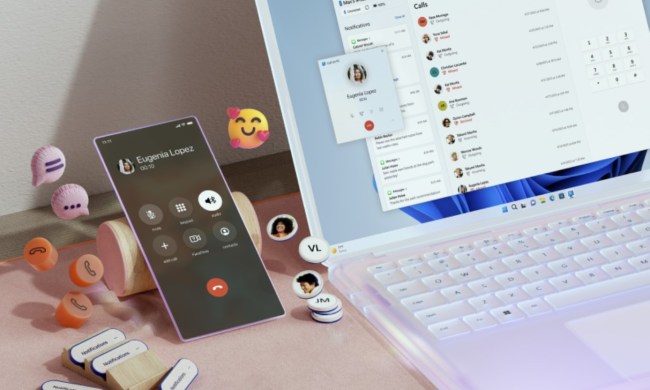Windows Latest has spotted a recent support document post from Microsoft confirming native Ahead of Time (AOT) support has been added to the Windows App SDK. According to Microsoft, this could bring major improvements to the launch times of Windows 11 apps. In its own testing, Microsoft has measured a 50% reduction in start times and around an 8x reduction in package size.
The Windows App SDK exists to help developers use classic desktop app frameworks to make apps with access to modern APIs that can be used across all kinds of Windows devices.
However, apps made with the SDK, whether they’re Microsoft’s own apps or third-party ones, are notoriously slow to launch. They can also experience laggy animations and slow response times. The Windows Photos app, for example, is so slow to launch that Microsoft had to start running the app in the background as a workaround.
Going forward, native AOT should be able to help speed things up. It works by compiling apps to native code ahead of time — so when an app is running, the computer can skip the step where it translates the developer’s code into a language it can read. Since there’s less work to do, the apps can start up faster, and they also have smaller memory footprints.
In its blog post, Microsoft describes the result as an “incredible performance boost,” though we won’t know for a while how well it will work in practice. For AOT to do its job, developers will need to update their apps to take advantage of it, and different developers will do this at different speeds. The gains will also most likely vary from app to app.
Microsoft is framing the change as something new and exciting rather than as a problem they’re finally fixing, but it’s important to note that Windows 11 apps as they are now far slower than they should be, and they won’t be getting faster overnight.




